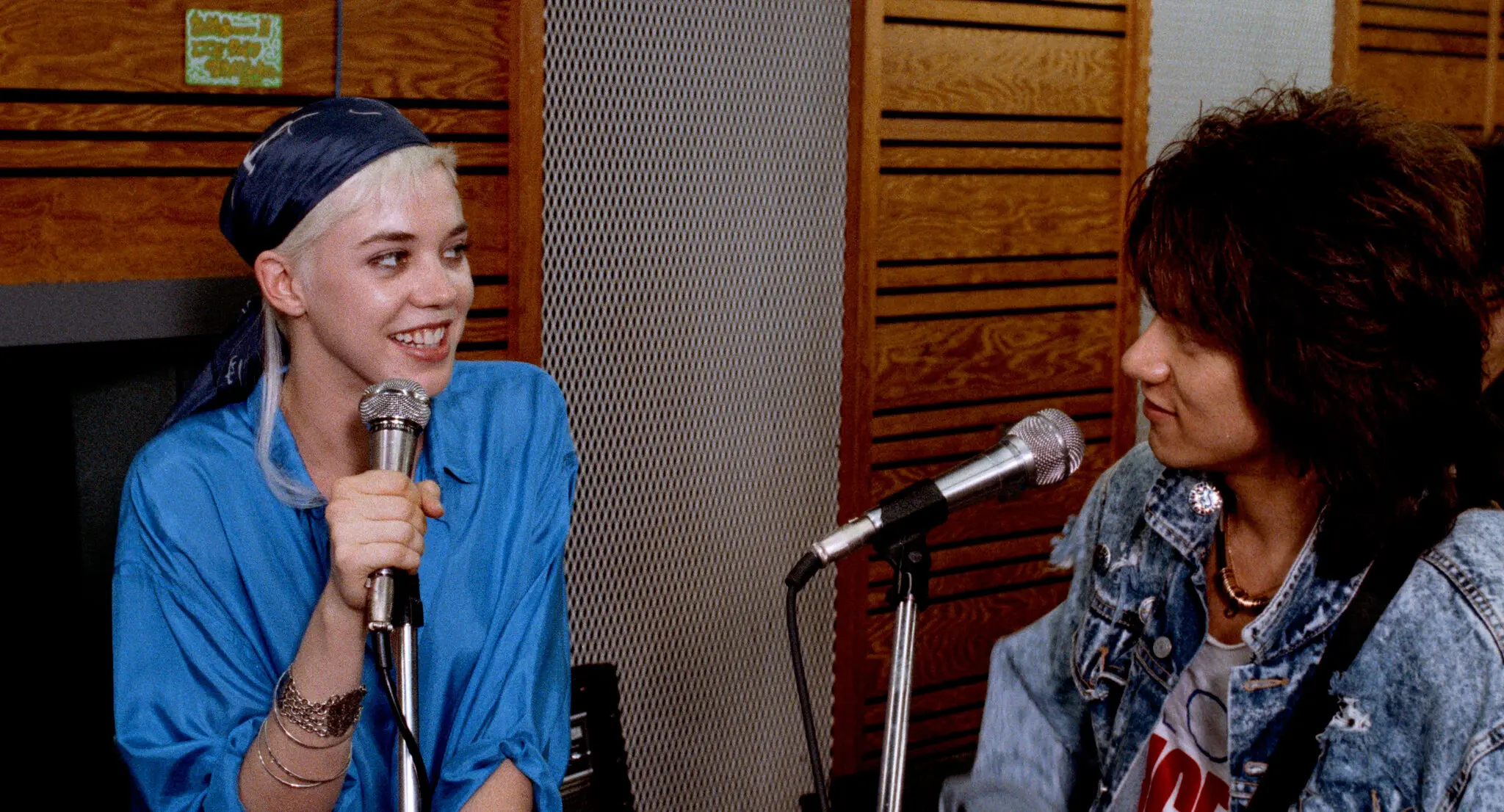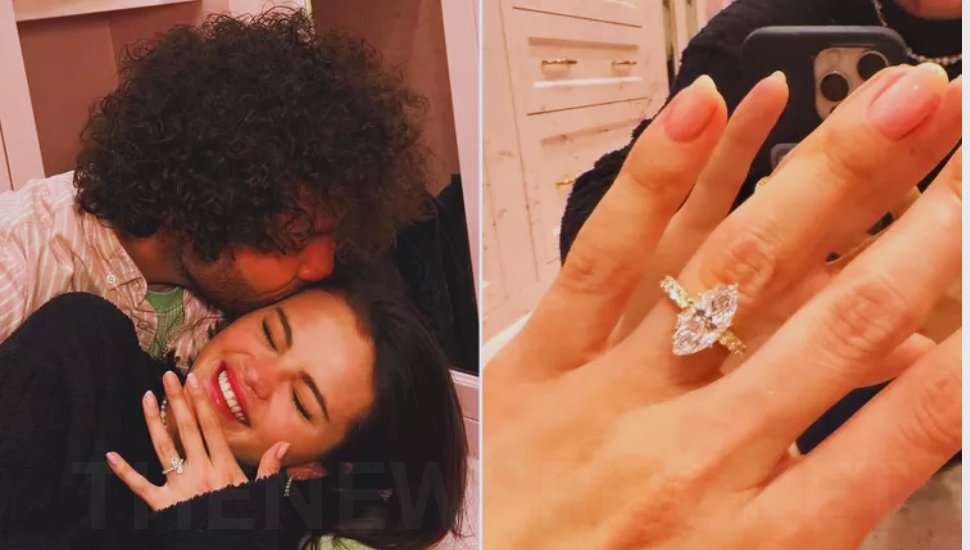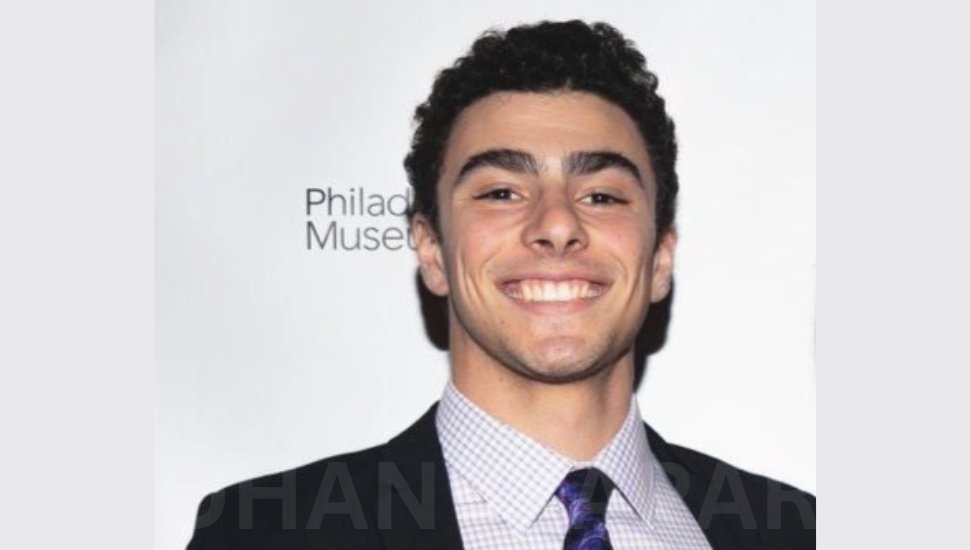“Tokyo Pop,” starring Carrie Hamilton, a daughter of the comedian, was a critical hit that had fallen into obscurity and has now been restored.
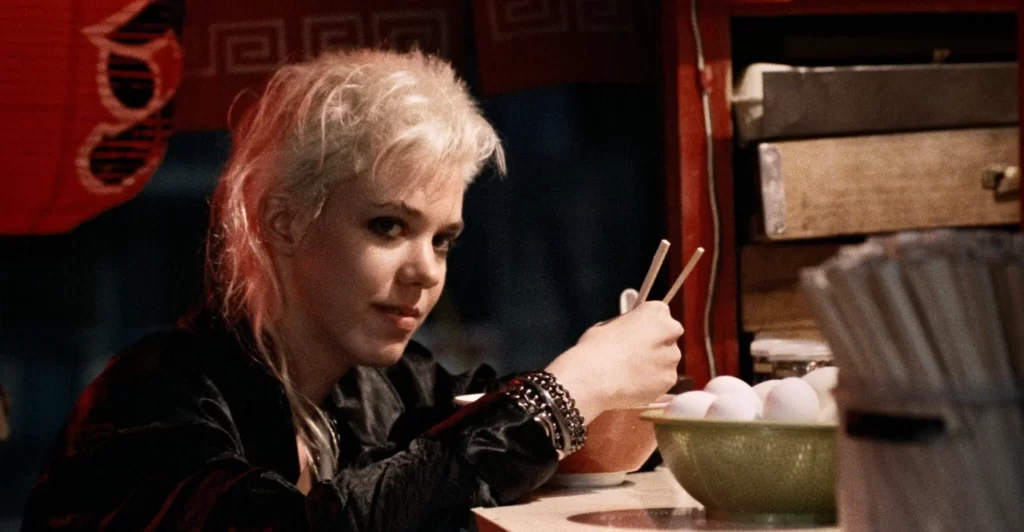
- Carrie Hamilton as an American singer in Japan in “Tokyo Pop.”Credit…Kuzui Enterprises, via Kino Lorber
When “Tokyo Pop” debuted in April 1988, reviewers were enthusiastic, at least about its star actress, Carrie Hamilton, a novice to the big screen who had previously been on TV’s “Fame.” Sheila Benson of the Los Angeles Times commented that Hamilton stalked through the film “straight into our hearts.” Walter Goodman complimented the film, about an ambitious American pop sensation in Japan, in The New York Times for its “rhythm and zing.” Keith Haring, in the height of his career, designed the opening titles.
However, by November 2019, when a print of “Tokyo Pop” was shown at the Japan Society in Manhattan, it had faded into oblivion. Spectrafilm, Canada’s theatrical distributor, was long gone. Although VHS copies existed, the film was never released on disc or streamed. Even the film’s director, Fran Rubel Kuzui, hadn’t watched it in three decades. And Hamilton, Carol Burnett’s daughter, died of cancer at the age of 38 in 2002.
However, the Japan Society screening marked the beginning of the film’s second life. Sandra Schulberg, head of the preservation organisation IndieCollect, offered from the crowd during the post-screening Q&A that she would love to repair and rerelease the picture. That restoration is now complete, thanks to a lengthy hunt for original materials and financial support from sponsors like Burnett and Dolly Parton. “Tokyo Pop” premieres Friday at the Brooklyn Academy of Music and will tour across the country.
“When you make something, you don’t consider how you’ll feel about it in 35 years.” “Especially your first film,” Kuzui, 78, remarked in a June interview in New York, the day after the restoration debuted at the Museum of Modern Art.
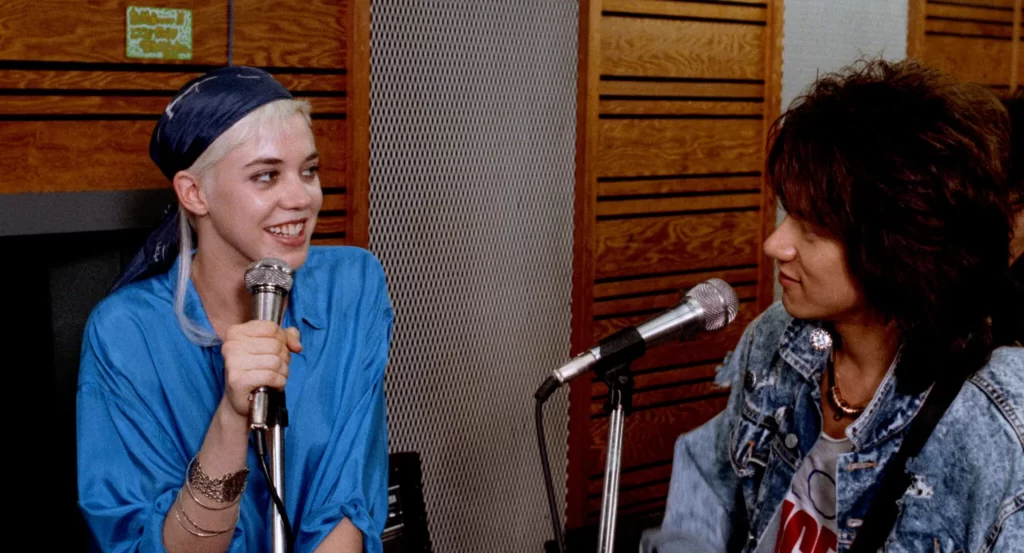
Hamilton with Diamond Yukai in “Tokyo Pop,” directed by Fran Rubel Kuzui. She herself hadn’t seen the film in three decades.Credit…Kuzui Enterprises, via Kino Lorber
Although she used to love seeing the video on Blockbuster shelves, and every year or so would get queries from festivals, she knew little about what had happened to the film, other than that she paid $40 a month to keep the internegative in storage. In the pre-internet days, without the distributor, there wasn’t much way to check in on the film’s afterlife, she explained. Thanks to digital and streaming, she added, “my generation is the first generation that I’ve seen that really is having an opportunity to look back on work in such a broad sense.”
The “Tokyo Pop” fish-out-of-water situation was personal to Kuzui, who grew up in Great Neck, New York, and is married to Kaz Kuzui, a Japanese film producer whom she met when she was a script supervisor and he was an assistant director. Wendy (Hamilton) is a backup vocalist in New York who travels to Japan on a whim at a period when American culture is popular there. Hiro (Yutaka Tadokoro, now better known as Diamond Yukai), a disgruntled rock musician who knows a little English, assists her despite the language barrier. They start dating, and she reluctantly joins his band, which covers American hits. The closing-credits song was written and performed by Hamilton herself.
Despite the fact that Kuzui co-wrote the screenplay with her friend Lynn Grossman, “Tokyo Pop” was shot with a predominantly Japanese team, which was unprecedented for any American filmmaker, let alone a woman, at the time. Even Kuzui’s cries of “Action!” were seen as unfeminine yelling.
She explained that one of the movie’s subtexts was that she didn’t want to be an example of a gaijin, or foreigner, who was reliant on Japan. Wendy’s star begins to soar there since she is regarded as a novelty. “Foreigners in Japan were not held to, and are still not held to, the same rules as Japanese people,” Kuzui explained. She believed that if she was going to be a successful filmmaker, it couldn’t be with that kind of advantage.
Although she and Kaz have divided their time between the United States and Japan for 40 years — they made much of their living handling the Japanese distribution of American independent films like the Coen brothers’ “Barton Fink” and David Lynch’s “Wild at Heart” — Kuzui said that for a long period, she would go back and forth every six to eight weeks because she lacked a visa. She has always seen herself as living in the United States. “I really didn’t start living in Japan until the pandemic,” she said.
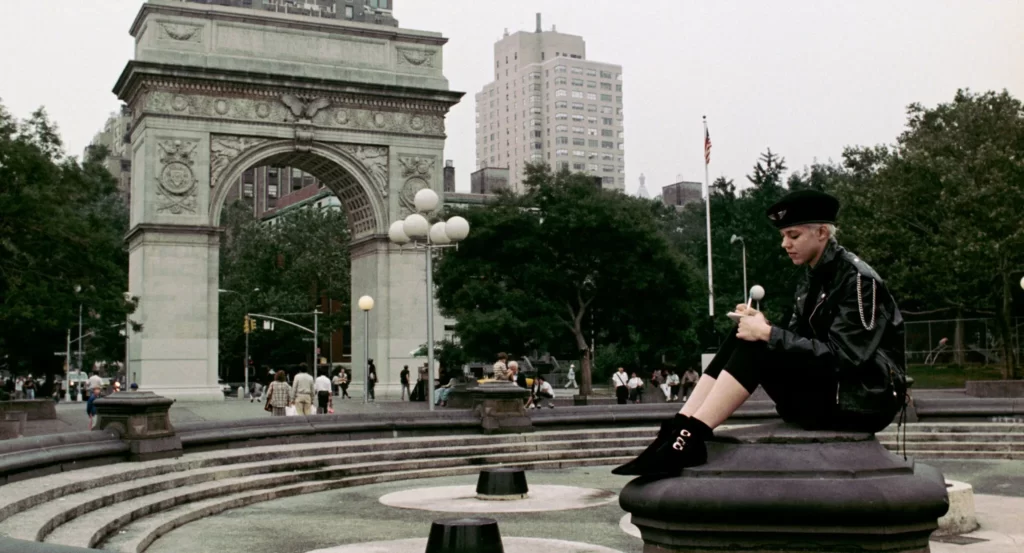
Hamilton’s mother, Carol Burnett, said she remembered the actress telling her she had a difficult time with her bleached hair.Credit…Kuzui Enterprises, via Kino Lorber
Kuzui went on to direct only one other film, “Buffy the Vampire Slayer” (1992), which was seen by a far larger audience. Kuzui feels that, based on an adoring 2022 piece in The Atlantic, even that film may receive the type of re-evaluation that she expects for “Tokyo Pop.” It’s in the zeitgeist, she says, for viewers to reconsider art from the 1980s and 1990s.
While curating a series on foreigners creating films in Tokyo, Kazu Watanabe, who curated “Tokyo Pop” at the Japan Society and currently heads distribution at Grasshopper picture, found the picture. He found the picture stood up, even in minor ways, and that, unlike some other films of the time, it looked to be in line with present tastes. “There’s a scene where the two leads are in bed together, and then she changes her mind, and she doesn’t want to sleep with him,” he explained. “And it’s done in a matter-of-fact manner.” There is no major dramatic scene here.”
IndieCollect’s Schulberg stated that she decided to restore the picture in part because it was a stunning directorial debut by a woman “who in my opinion never got the opportunities and attention she deserved.”
Burnett recalled when Hamilton was filming the picture in early July, before the actors’ strike. “I remember she had a terrible time, she said, with her hair, because the bleach or whatever it was over in Japan made her hair fall out,” Burnett said. “So she wore a lot of scarves and kind of had to make do with what she had.” Burnett also mentioned in her book “Carrie and Me” (2013), about her connection with her daughter, that Marlon Brando viewed “Tokyo Pop” and phoned Hamilton to propose a project, which Hamilton declined.
While Burnett periodically looks for her daughter on YouTube and reads the comments to keep track of her “small following,” she added, “I’m thrilled that, again, after all these years, people are going to discover her all over again.”

